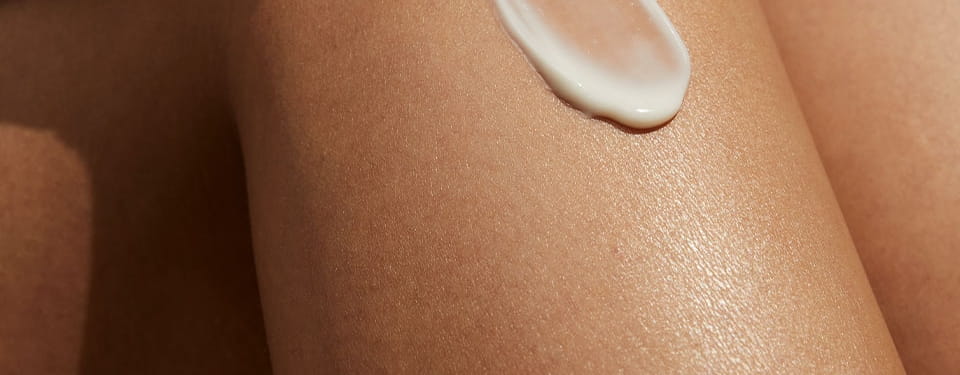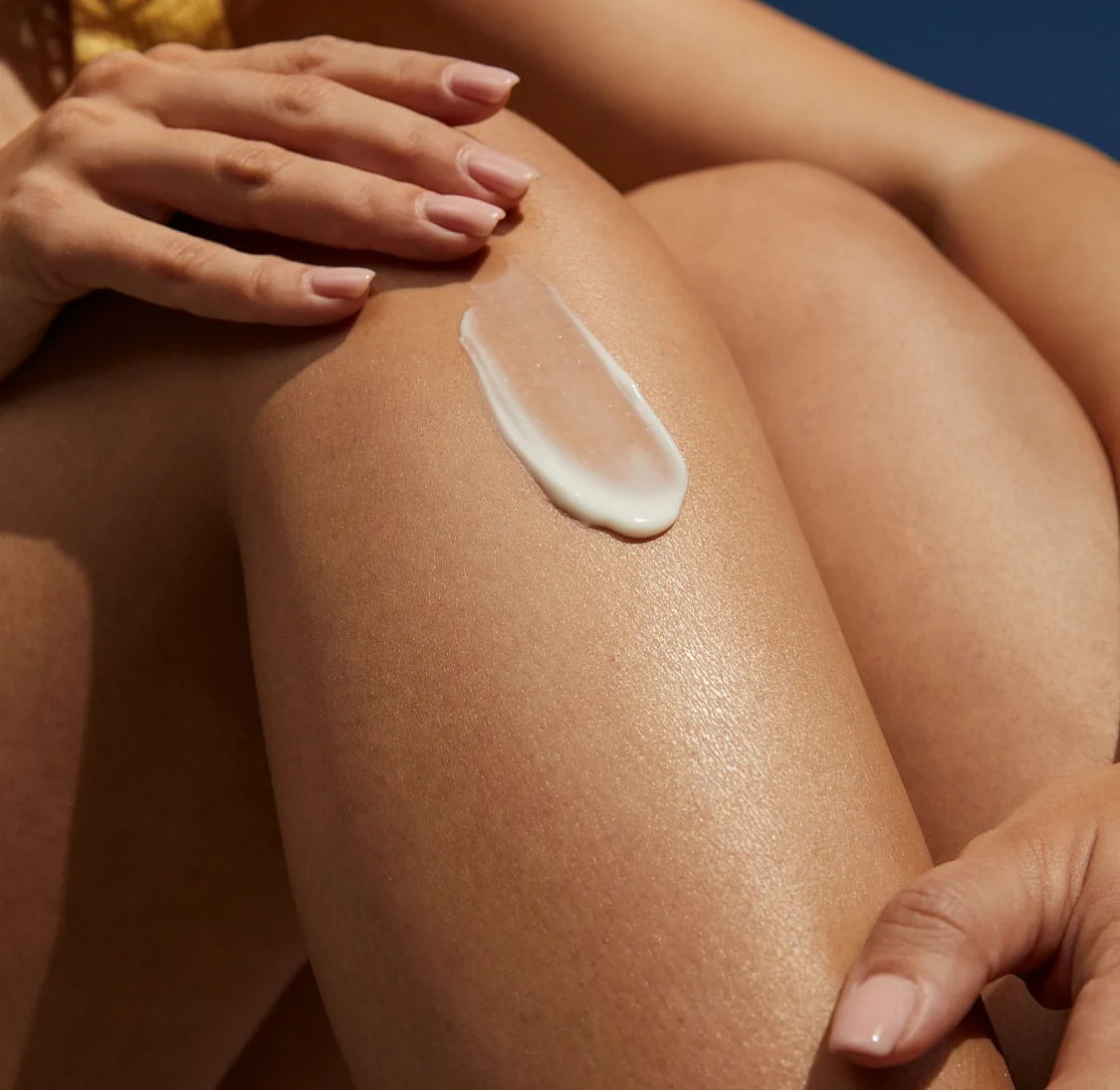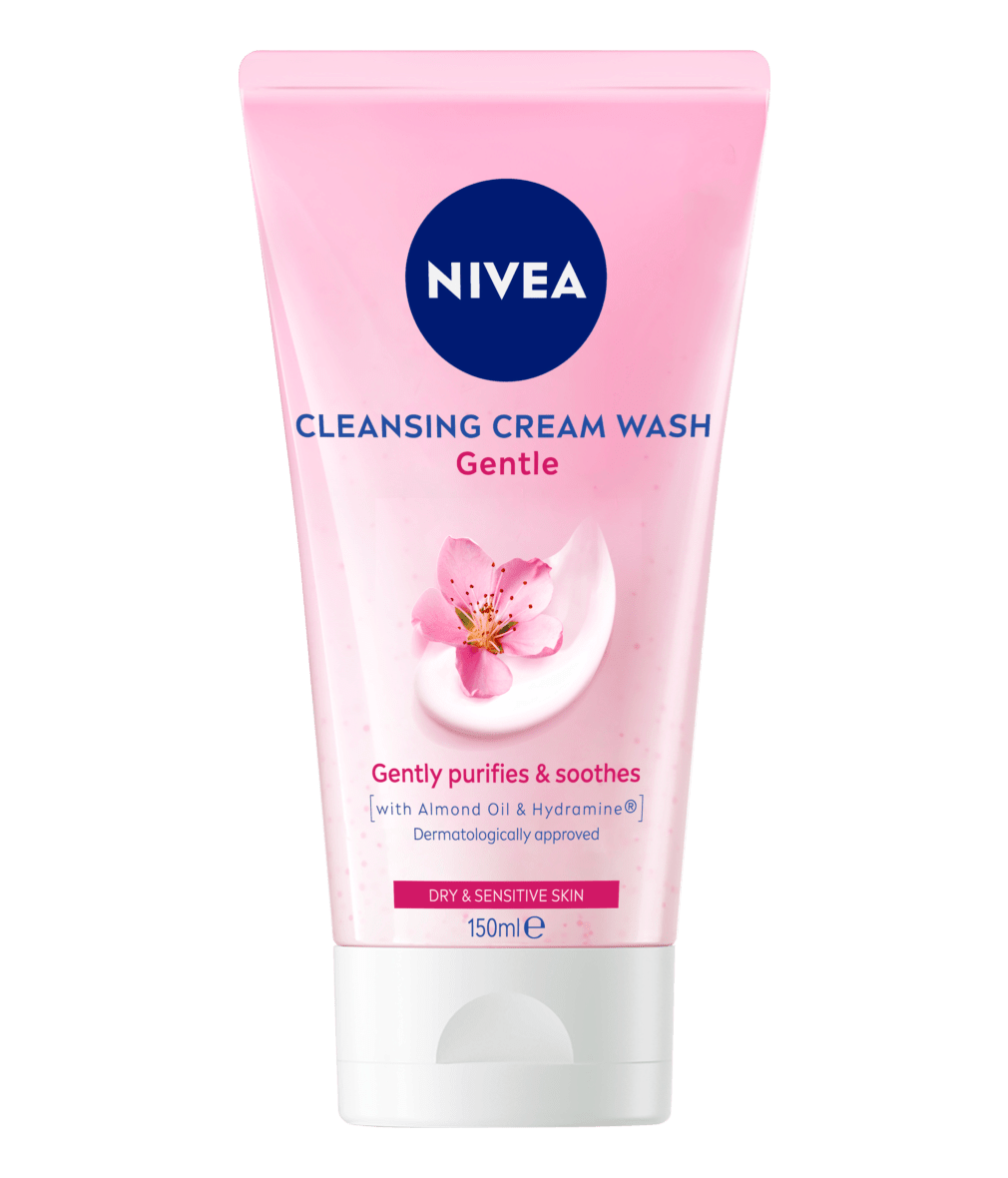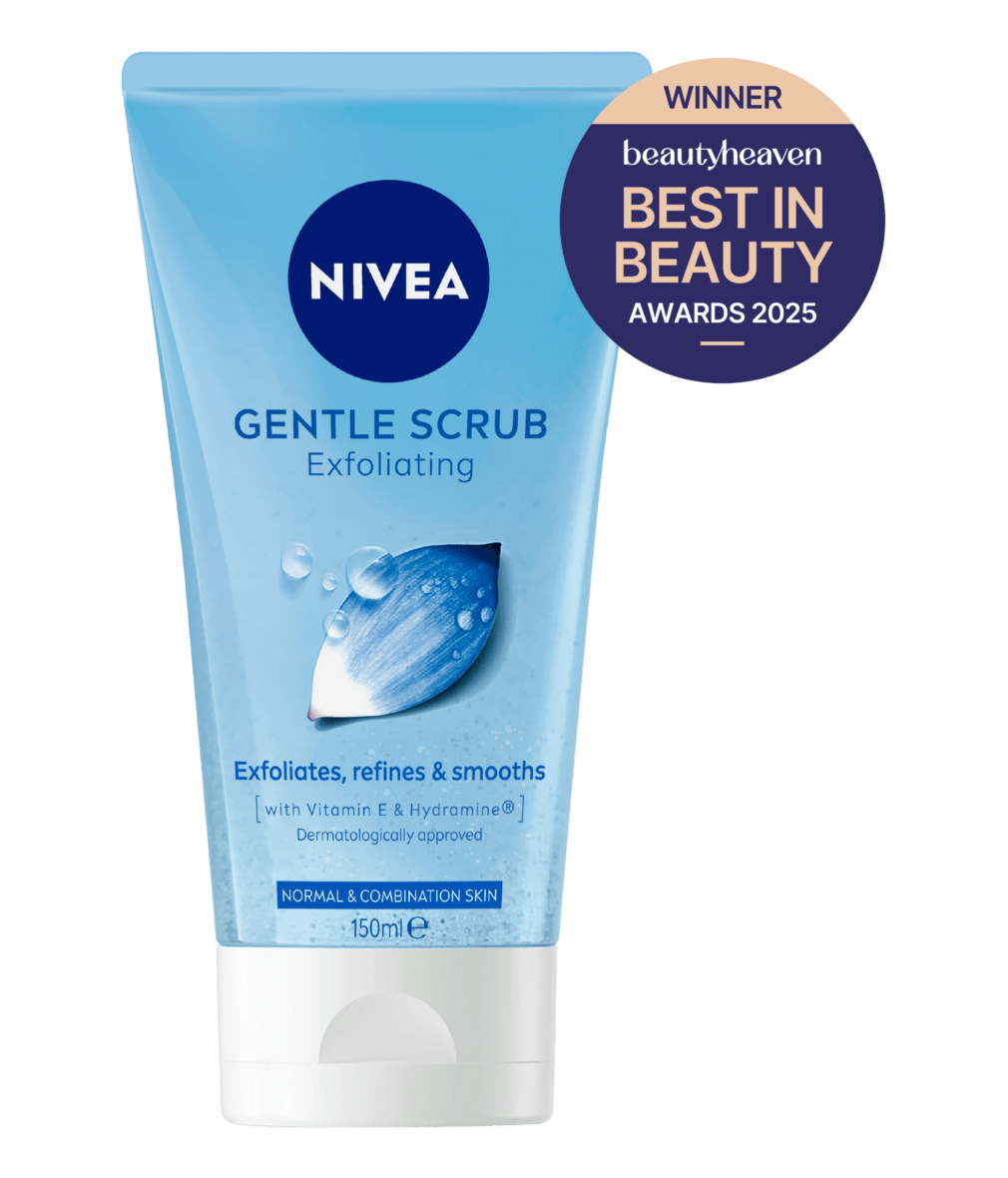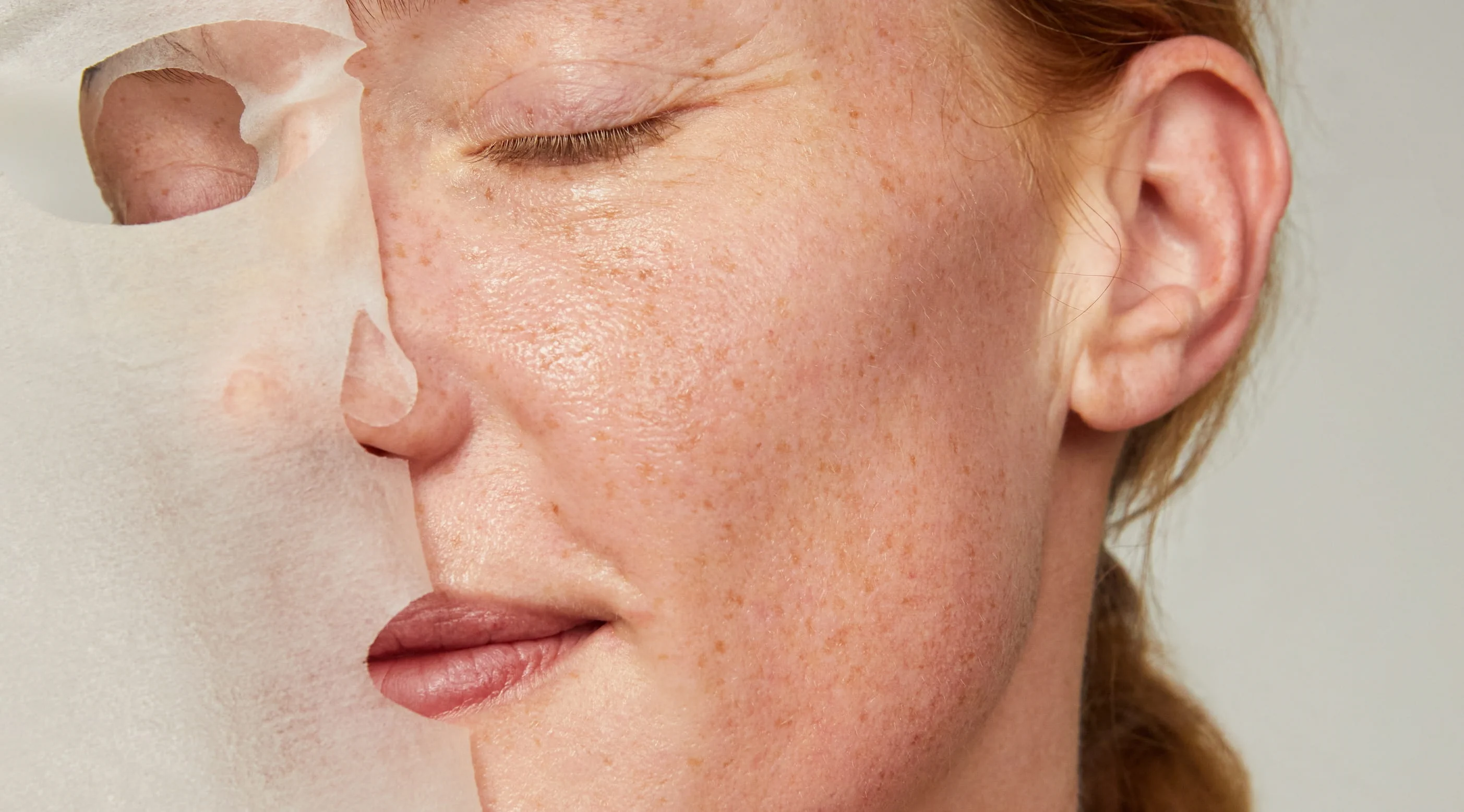1. Wash your hands first
If your hands have any bacteria on them (which they will from day-to-day use), this will end up transferred to your face.
2. Water is not enough
Water alone won’t be able to remove excess sebum, oil soluble particles or other types of dirt. It simply doesn’t have the same cleaning power and ability to remove dirt like an effective cleanser does.
3. Lukewarm water
If you use a facial cleanser that requires water, make sure you use lukewarm water to wash your face. Lukewarm water will help open your pores while water that is too hot will dehydrate your skin.
4. Be gentle on your skin
The skin on your face is more sensitive than the skin on the rest of your body, so it needs to be handled with extra-care. The trick is to be gentle. Don’t scrub your skin aggressively while washing or applying your moisturiser. To dry your face, just lightly pat it with a soft towel and avoid rubbing.
5. Don’t over cleanse
Yes, there’s such a thing as over cleansing. Cleansing twice a day is enough. Over-cleansing can weaken the natural moisture and lipid barrier that helps protect your skin. This can also increase the chance of allowing irritants and allergens to enter the skin.
6. Find the right cleanser for your skin type
It’s very important to find the right cleanser for your skin type. Using the wrong product could actually lead to damaged skin. That’s why it’s so important to look for a gentle cleanser that thoroughly cleans your face and at the same time cares for your skin.
7. Use gentle products - no matter what type of skin you have
It’s important the cleanser you use is not too harsh. The wrong cleanser can strip the skin of its natural oils, leaving it feeling dry, tight and uncomfortable. That’s why it’s best to choose products which both clean and moisturise your skin, like the NIVEA Creme Care Facial Cleansing range.
8. Avoid using soap
Soap can strip the face of its natural oils, leaving skin feeling tight and drier than before. What’s more, soaps disturb the natural pH of your skin.
9. Cleanse your face, even if you don’t wear makeup
Even if you don’t wear makeup, cleansing is important to remove any pollutants and dirt that accumulate on your face throughout the day.
10. Don’t exfoliate too often
In the same way as over cleansing, exfoliating your skin too often can do more harm than good. Depending on your skin type we recommend exfoliating once or twice a week
